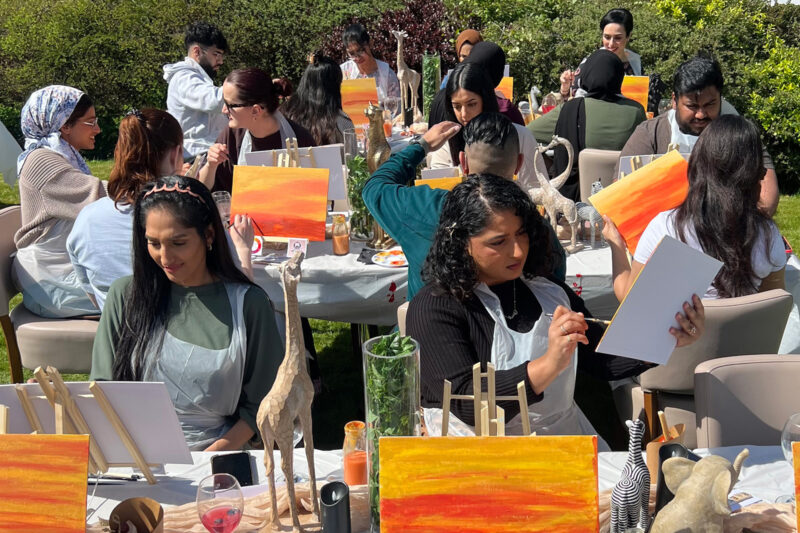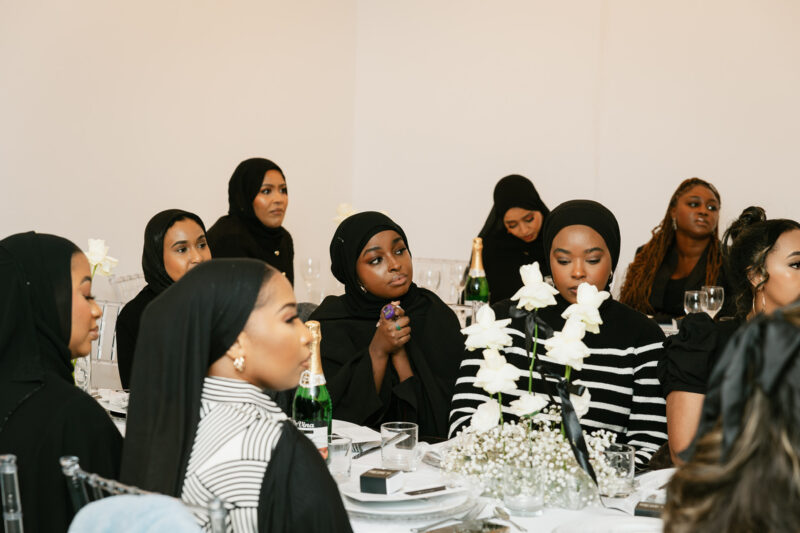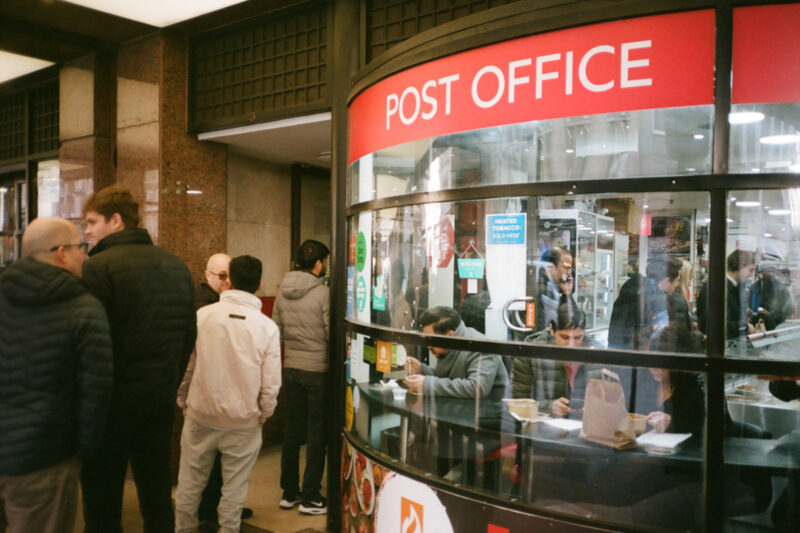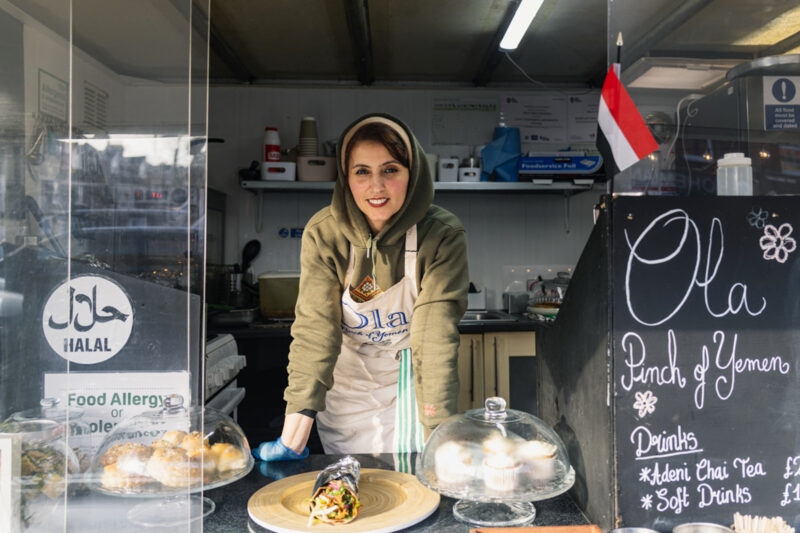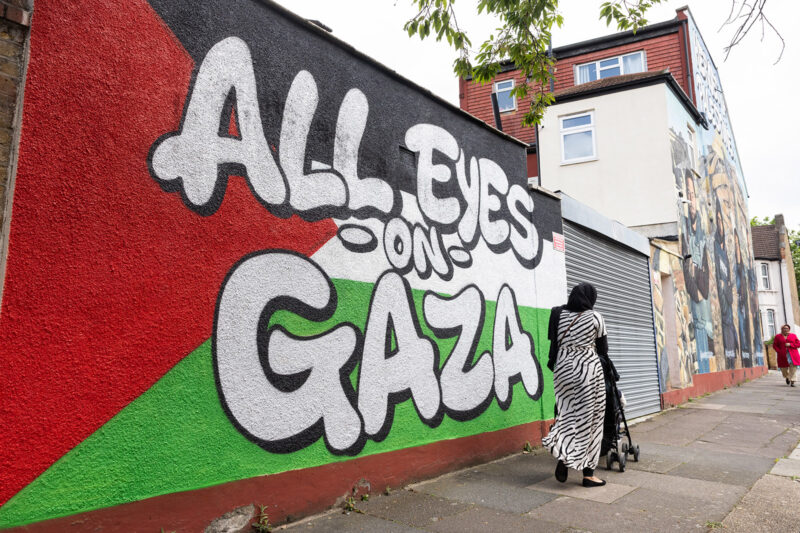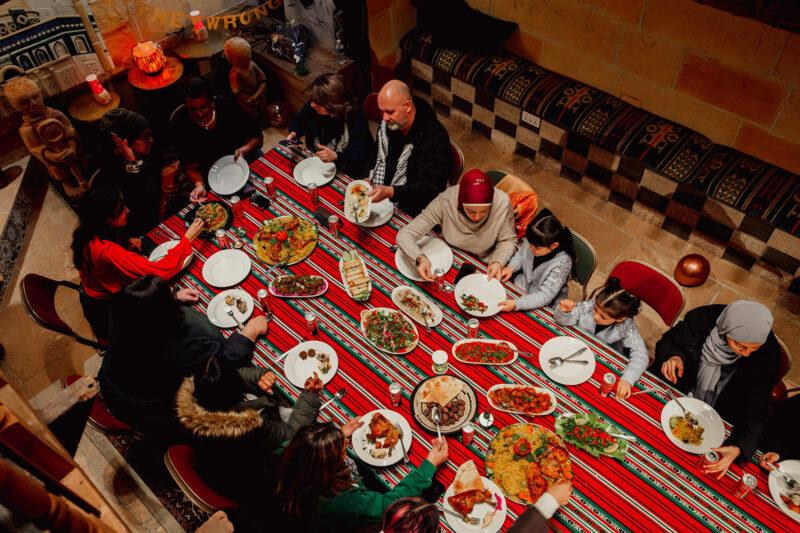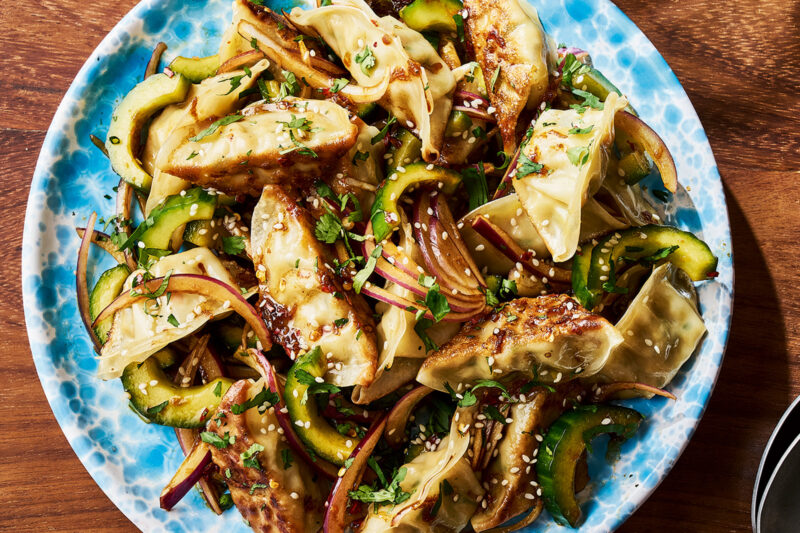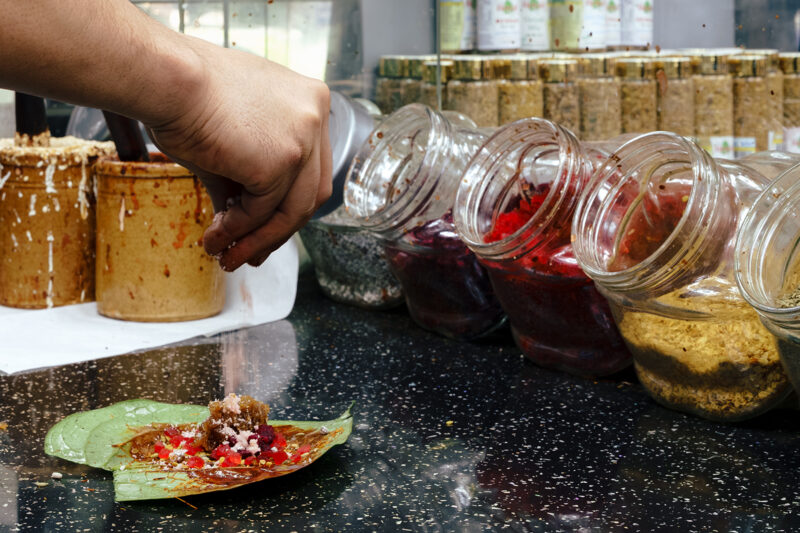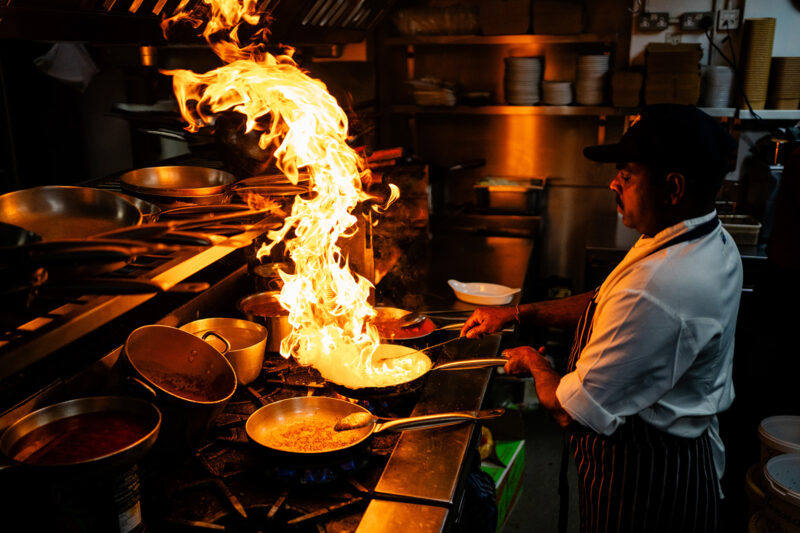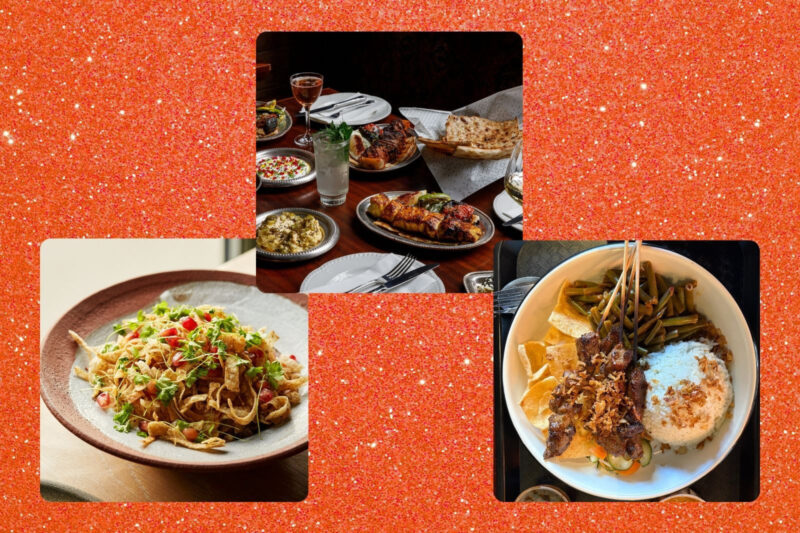Where there’s smoke, there’s flavour
Low and slow barbecue, inspired by time-honoured American tradition, has found a special place on the UK’s halal menu
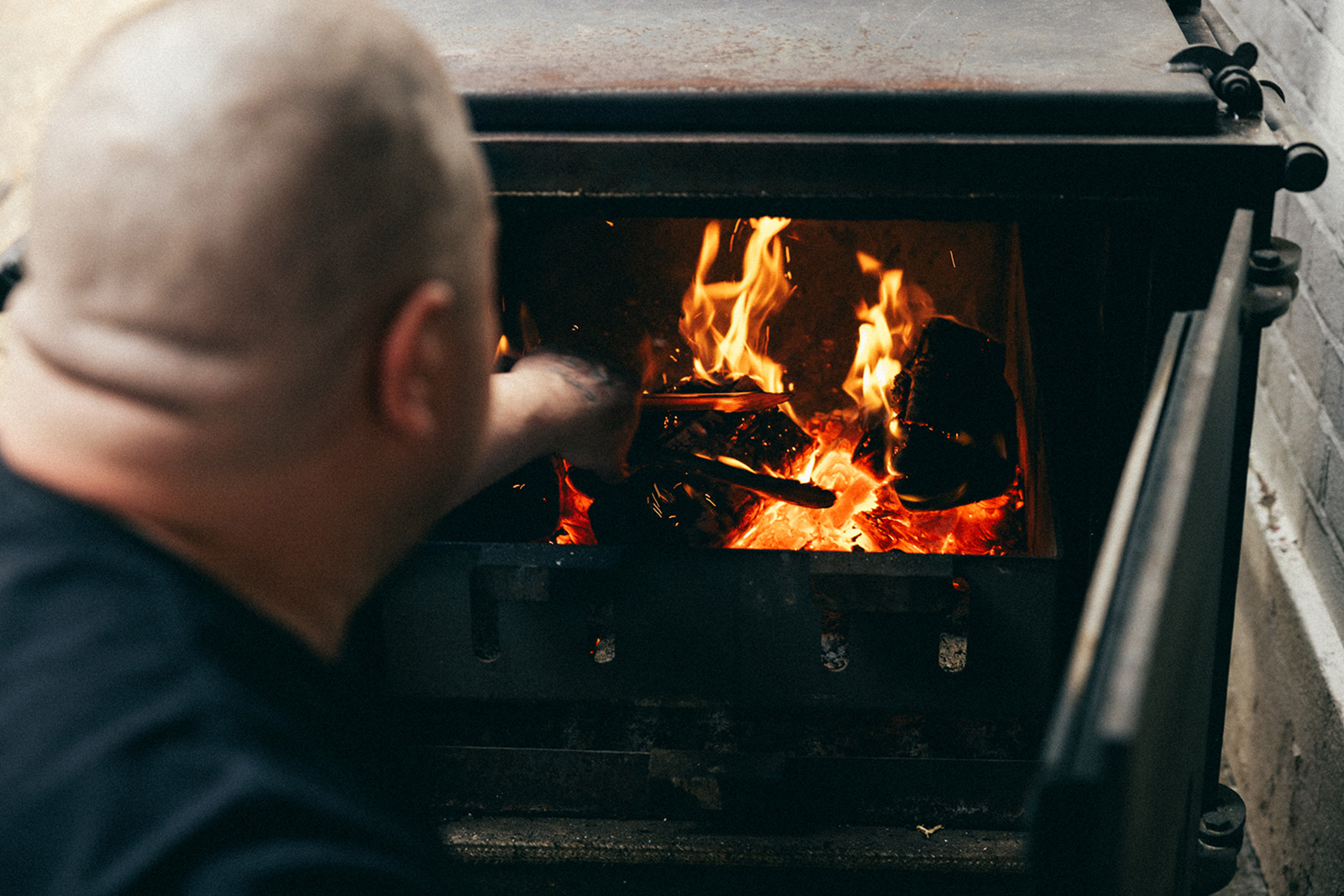
The word “barbecue” means many things to many people. For some of us in the UK, it’s chargrilling sausages outdoors at the merest hint of sunshine. For Australians and South Africans it is a national pastime, often involving freshly landed seafood and thick-cut steaks. Across the Middle East and South Asia, it’s a mouthwatering range of sizzling kebabs.
In the United States, the term is used for cooking meat “low and slow”. A mainstay of southern and midwestern culinary tradition — think Kansas City, North and South Carolina, Memphis, Chicago, St Louis — this painstaking process uses spice rubs, mop sauces and hours of fragrant smoke to turn large and often cheaper cuts into something sublime.
While pork is a staple in many states, beef sits at the heart of Texas barbecue, lamb is the go-to in parts of Kentucky and chicken is often available everywhere. The choice of wood used to fuel the fire — oak, apple, hickory, maple, pecan — also changes from chef to chef and adds its own special flavour.
Over the past 10 years, dark restaurant frontages emblazoned with neon-lit pigs, chicken wings and spare ribs have become an increasingly common sight in cities across the UK. Until recently, I paid them little attention because of their reliance on a protein that I, as a Muslim, cannot eat. I’ve also never been a die-hard carnivore. Instead, I tend to enjoy meat as a vehicle for herbs, spices and other flavours, or as an accompaniment to vegetables and carbs. Give me a juicy burger enveloped in melting cheese, topped with tangy sauce and encased in a pillowy bun over a dry-aged ribeye any day.
Still, I have been intrigued by the recent emergence of several popular halal barbecue restaurants. Nestled in a railway arch in Leyton, east London, and surrounded by car workshops, Burnt Smokehouse is probably the best known of all, growing from a word-of-mouth phenomenon to rave reviews in the national press since its launch in May 2023. As we near its doors, the smell of spray paint and engine oil gives way to a deep aroma of smoked meat, and I just know we’re in for a treat.
Famed for its smash burgers (£12) and pulled beef rib sandwich (£15), Burnt has built a dedicated clientele of Muslims and non-Muslims. The man behind its success is Tiberius Tudor, a Romanian-born chef who converted to Islam three years ago. Tudor learned to become a pitmaster, as skilled barbecue cooks are known, in some of the best smokehouses in Texas.
Later, after moving to London, he noticed a gap in the UK halal market. Teaming up with Abidur Tarafder and Sufia Khan, who were planning to open a barbecue joint in east London, he developed the menu and provided the all-important expertise.
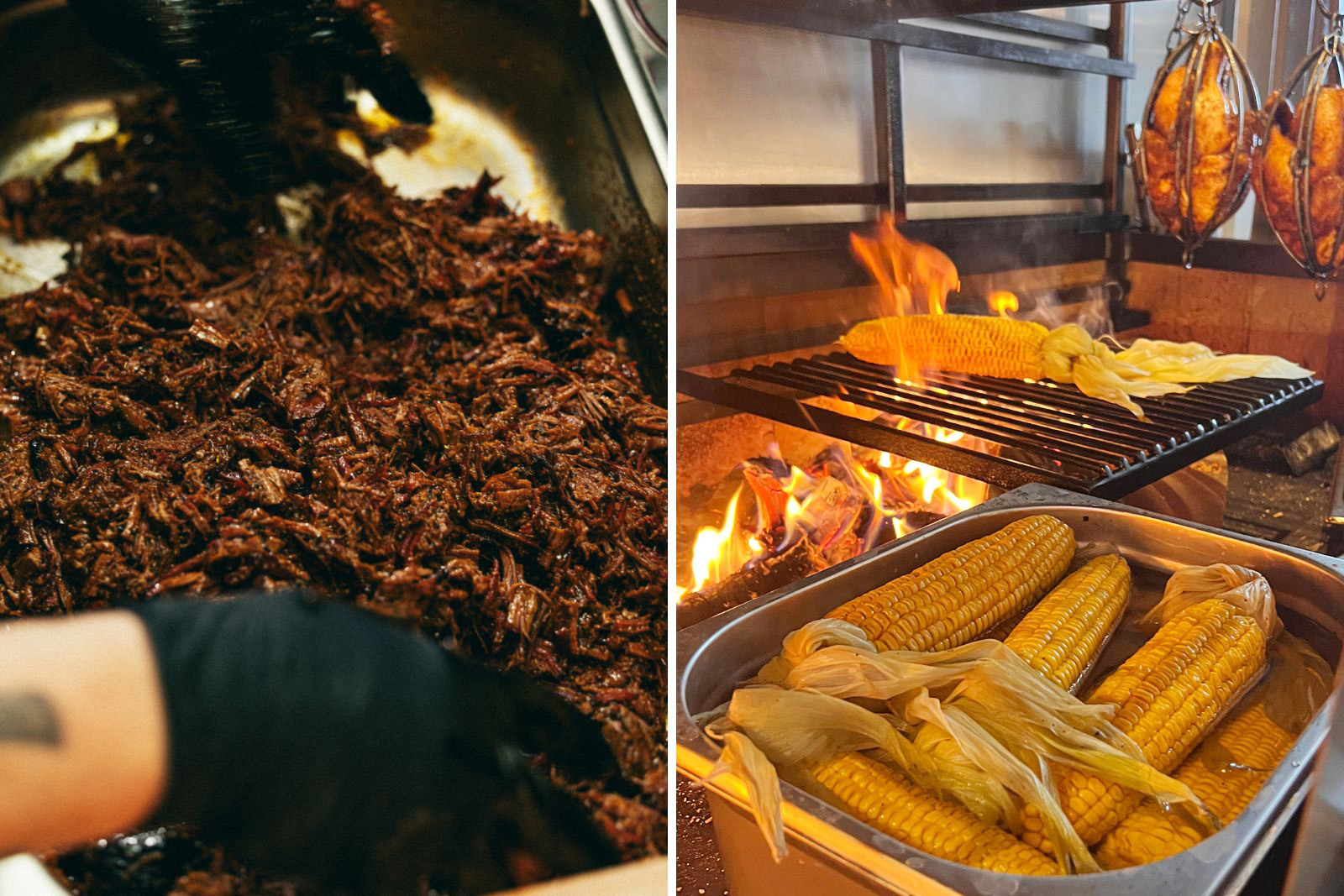
Inside Burnt, the queue — walk-ins only — is not intimidatingly long and appears to be moving quickly. The menu is explained while we’re in line, rock music blasting around us. Meats, including smoked brisket, chicken thighs and spring lamb ribs, are ordered by weight and priced per 100g. That gives me an easy sense of familiarity. Many of the serious charcoal grill restaurants in the Middle East serve by weight, albeit kilos at a time. Once your decision is made, you wait at your table for a while, a number booms from a loudspeaker and you pick up your food from the counter.
The grill is open, allowing customers to watch the magic happen. Tudor stands front and centre, expertly slicing beef brisket and arranging individual lamb ribs on platters. Everything is halal and carefully sourced. The key, he explains, is that all the barbecue items are lovingly prepared and smoked for many hours.
“We have a team coming in at 4am just to prep and start cooking, so when we open at 5pm our meat is ready,” he says.
First, we try the brisket (£11.95 per 100g) and the lamb ribs (£9.50 per 100g). The beef melts in the mouth and the ribs pull apart, fat perfectly rendered and the smoke lending depth. Contrary to my expectations of a sweet glaze, Tudor uses a dry rub of “mostly salt and pepper” to accentuate the natural flavours of the meats. The rib sandwich, served with tangy pickled cabbage in toasted white sliced bread, is one of the most popular things on the menu, and deservedly so.
The sides are also excellent. The creamy potato salad with slivers of sour dill pickle and a topping of finely sliced red chilli (£6) is perfect. The creamy house slaw (£4) is another great dish, tangy and crunchy in equal measure. Although the portions comfortably feed two people, I still find myself looking longingly at the corn ribs ordered by a neighbouring table.
Halal barbecue can also also be found outside the capital. Holy Smokes opened in the Sparkhill district of Birmingham in January. Tudor trained restaurant staff to use its specially imported Texan smoker and now they are dishing up tender short ribs and loaded burgers to a growing number of hungry customers. Meanwhile, diners in the north-west have been lining up for slow-cooked brisket and ribs at Manchester’s Pitmaster, which also has a Birmingham branch, since 2020.
Low and slow barbecue is an infinitely adaptable style of cooking, ripe for fusion. The most successful of those interpretations can be found on the award-winning, Afghan-influenced menu offered by Cue Point. Founded by Joshua Moroney, a chef with an extensive background in Texan, Argentinian and Brazilian barbecue styles, and Mursal Saiq, who brings Afghan traditions to the table, its standout dishes include smoked brisket, oak-smoked chicken and borani banjan (smoked aubergine). Based, for now, at the Orbit Beers Brewery & Taproom in Kennington, south London, and booked for a range of festival appearances and pop-ups over the summer, Moroney and Saiq are now looking for a permanent London home.
While some purists may balk at the idea of blending central Asian flavours with time-honoured American techniques, innovative takes such as Cue Point’s and Burnt’s more traditional approach show that there is plenty of room for barbecue on the UK’s halal menu. Sampling the tender and richly flavoured work of this new generation of chefs has certainly opened my mind — and I still enjoyed the salads and sides just as much.
 Newsletter
Newsletter


